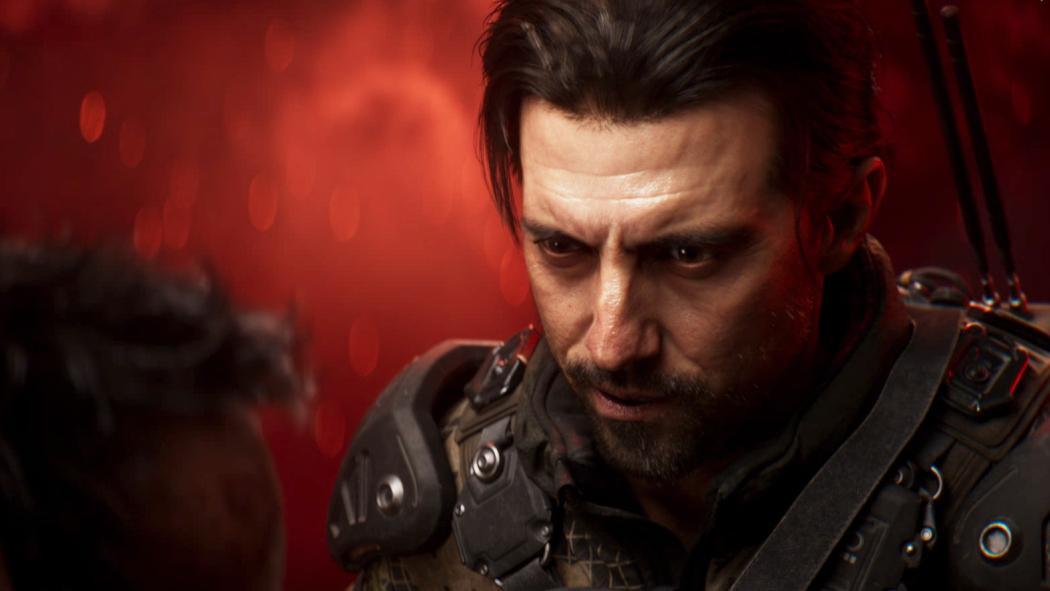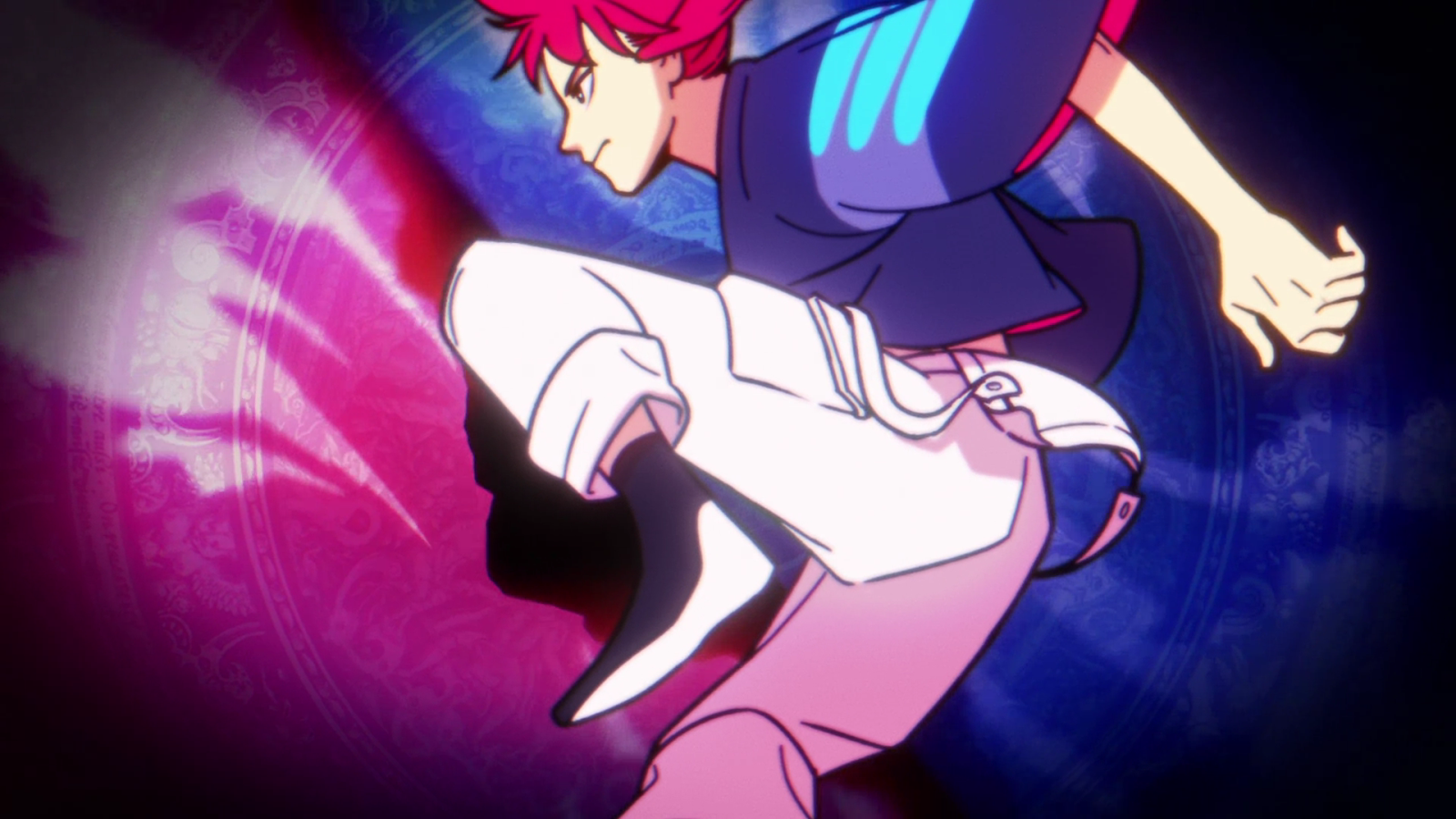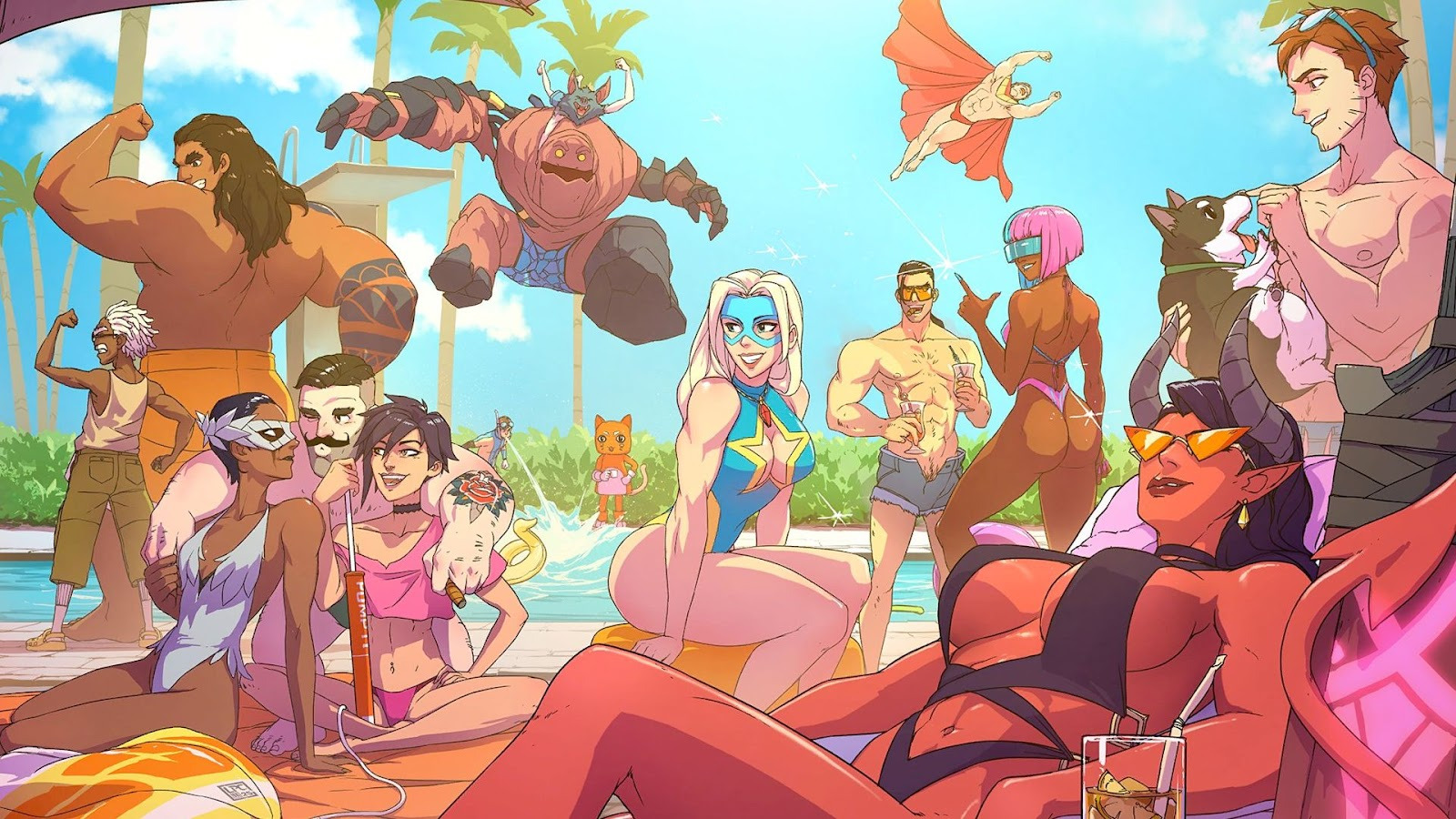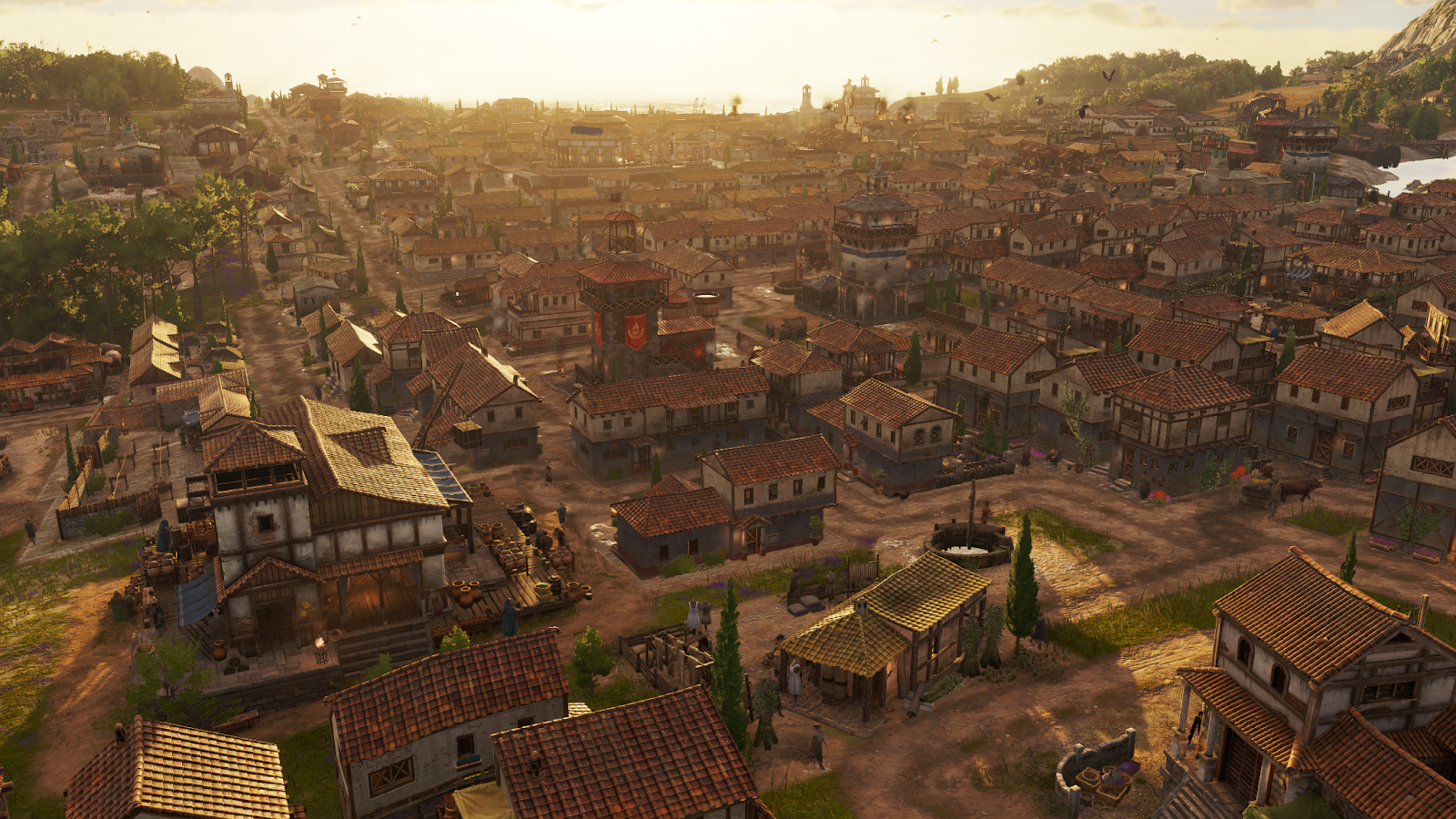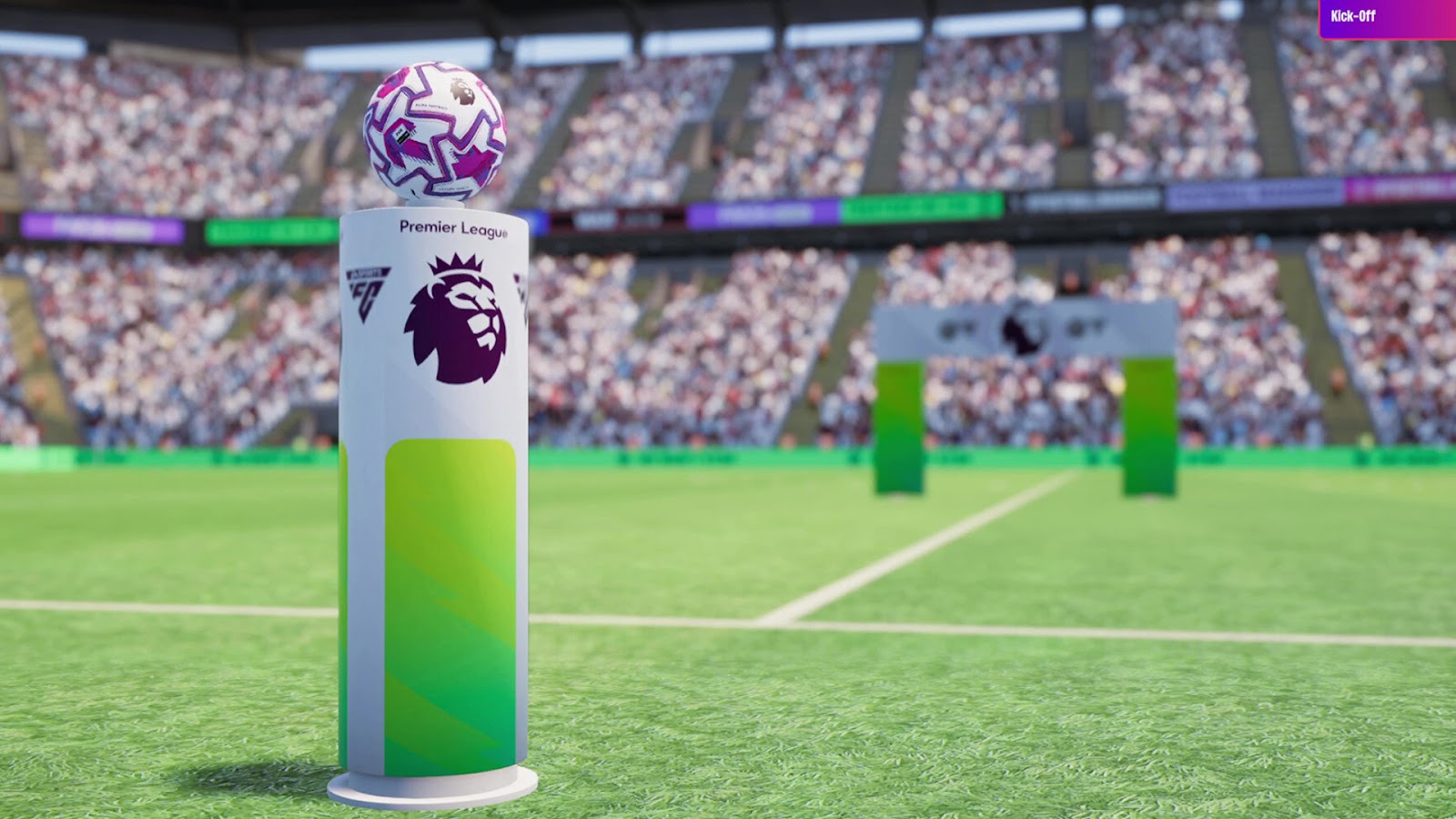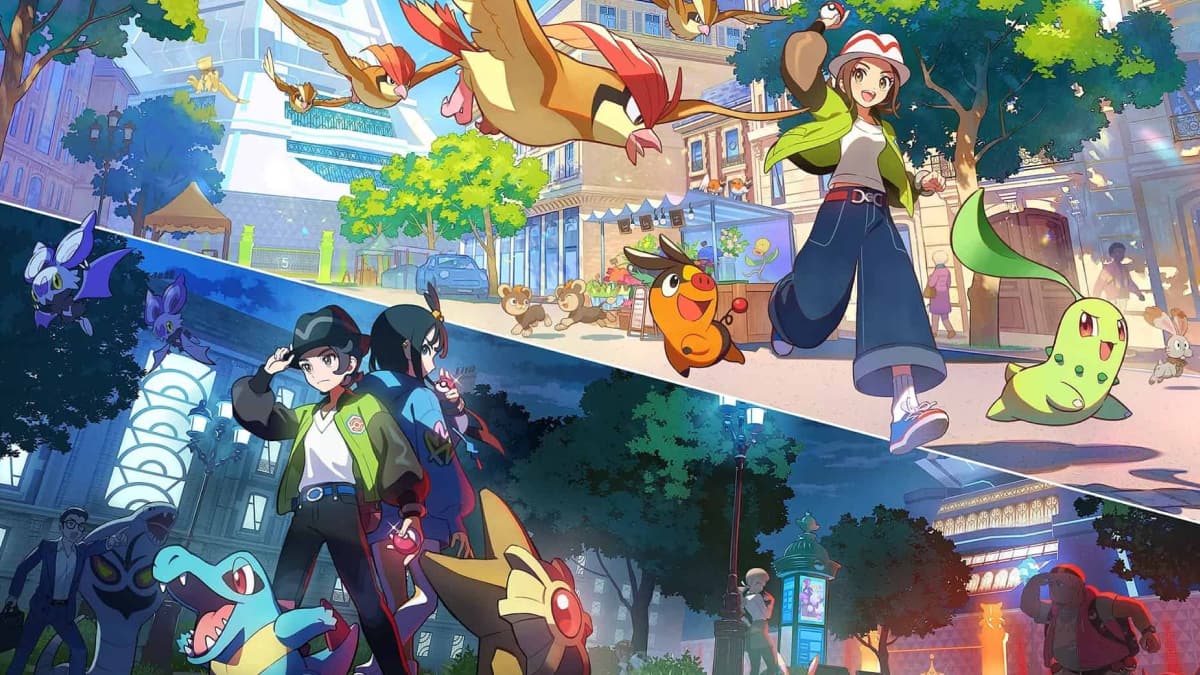You can trust VideoGamer. Our team of gaming experts spend hours testing and reviewing the latest games, to ensure you're reading the most comprehensive guide possible. Rest assured, all imagery and advice is unique and original. Check out how we test and review games here
The more things change, the more they stay the same. God of War opened with Kratos tearing mythical creatures in half on a boat and now, five years later, God of War: Ghost of Sparta opens with Kratos tearing mythical creatures in half on a boat.
Still, story doesn’t seem like Ready at Dawn’s primary concern – and it certainly won’t be yours, either. Boil it down and Ghost of Sparta is essentially a reversal of the regular God of War structure: instead of battling to get out of a hellish underworld, you’re carving your way through hordes to get into one. That said, the fact it’s essentially springboarding off a bonus post-game cinematic from the first God of War will certainly add to the enjoyment for the series’ many fans.
It’s still all about the nearest and dearest, too. Other entries in the franchise have seen Kratos hacking through his family tree (wife, child, half-sister and father have all been dealt with) and now we find him getting in a huff over his brother, shown by his gurning and wincing through the game’s brief but frequent cutscenes. The game does its best to revel in Kratos’ forced urgency, but the fact brother (and uncanny King Leonidas look-alike) Deimos is never more than briefly alluded to in the two games set after this should tell you all you need to know.
Developer Ready at Dawn’s technical forte is assured, however, and the studio has once again succeeded at the Herculean task of reducing the epic franchise down to a machine that can almost fit comfortably in your pocket. Despite lacking the wow factor of preceding title Chains of Olympus, it remains thrilling to see the camera often pulling so far back, suitably revealing the impossible scope and scale of its adventure, before zooming in and exploding with impressive spiralling streams of crimson light. Regardless of anything else, it’s always a treat to see a studio treating Sony’s PSP with the utmost respect; if more developers utilised the platform like this, the tiny black box might not have been such a colossal disappointment.
It’s also a testament to the PSP itself that it holds up so well to the physical battering it takes over the course of the game’s spry seven-hour jaunt, with the on-screen action demanding near-constant spinning of the analogue nub, feverish mashing of the circle button and panicked beatings on the L and R triggers. Just don’t expect any nearby commuters to think highly of you.
Unfortunately the reduced technical specifications and implicit need for portability take their toll on the experience: monsters mostly attack in tiny little groups, never quite mustering up the same threat of their big-screen counterparts; save points are so densely packed that they punctuate the journey at almost every corner; and it’s still a fiddly concession having to press both shoulder buttons and flick the analog nub when you want to roll out of danger.
The whistle-stop adventure takes you to a few notable new ancient destinations in the series’ revisory mythology, with Kratos finally getting a chance to visit Crete before popping into his hometown of Sparta. The impetus of the action, and the crux of the narrative, revolves around pre- and post-sunken versions of Atlantis, however, which neatly allows for a watery sojourn in-between the mandatory fire and ice levels.
The series’ trademark set pieces play out with more bombastic confidence and relish than Chains of Olympus. QTE sequences are sharp and deadly, and the overall rhythm of the action features plenty of buckling knees, snapping bones and pointy blades getting painfully forced through everything squidgy. Despite the spectacle, however, franchise fatigue starts to rear its head: you get the distinct impression that for Kratos events like battering monster-sized insects while, say, gliding down a sea of lava on a crumbling rock, is what nipping down to Londis for a pint of milk is for the rest of us.
Customary new toys include the spear-and-shield pairing The Arms of Sparta, which fit neatly with the game’s 300 vibe, and a few new magical tricks – including one that whips up a life-sucking, screen-darkening void. Familiar combos make their return, along with some new moves: since there aren’t enough enemies on-screen to make Kratos’ bullish charge from God of War III a viable option, instead we get an equally brutal tackle that would make our pale antihero the star of the Olympus rugby team.
But while Ghost of Sparta does its best to keep up with its big-screen brethren, there are obvious chinks in its ornate Olympian armour. Epic environmental puzzles, so important to the God of War mould, are scant and lacking. Fights, too, are rarely ever up against enough enemies, and Ready at Dawn hardly ever investigates the kind of exciting strategic play obtained from throwing foes at you in combinations other than identical waves of three or four.
At least it starts well. The first half of the game is a tight, finely-crafted rollercoaster, with every other corner drip-feeding you new enemies, weapons, skills and challenges; it strikes an impressive beat of juggling every component in the right order. But Ghost of Sparta shoots its load too early, floundering just after the mid-way section, and limps forward to an acrimoniously drab conclusion devoid of any discernable creative spark.
It would be possible to excuse Ghost of Sparta for its shortcomings by instead focusing on what Ready at Dawn has once again managed to achieve – a fairly decent God of War game on a teeny weeny handheld console. It’s an impressive feat for sure, but to focus solely on that would be unfair to both the talented studio and venerable franchise: there’s so much potential unexplored here, and occasional glimmers of ingenuity in Ready at Dawn’s efforts show a developer that should be able to do better.
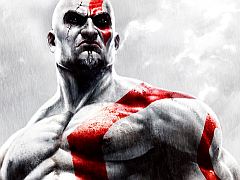
/https://oimg.videogamer.com/images/b6de/god_of_war_ghost_of_sparta_7.jpg)
